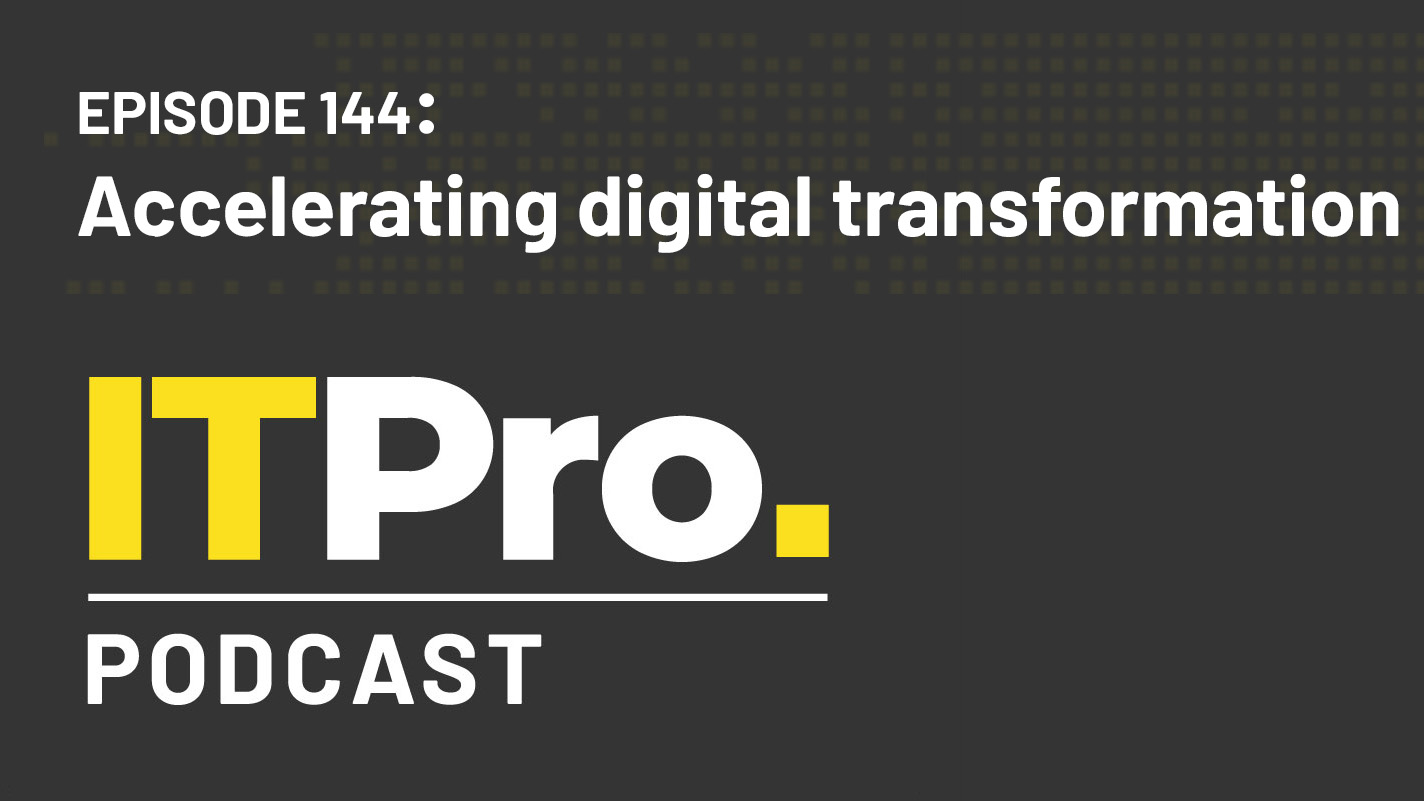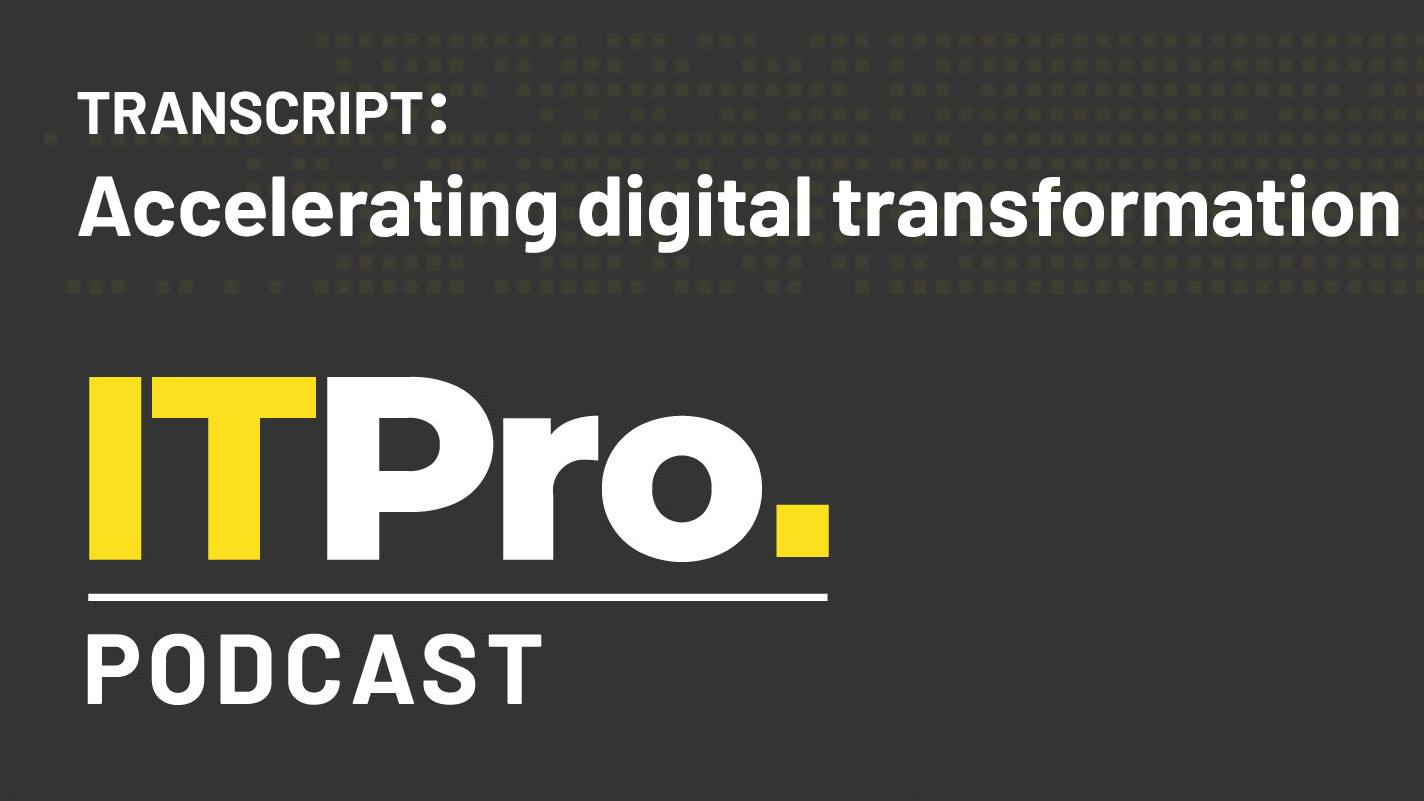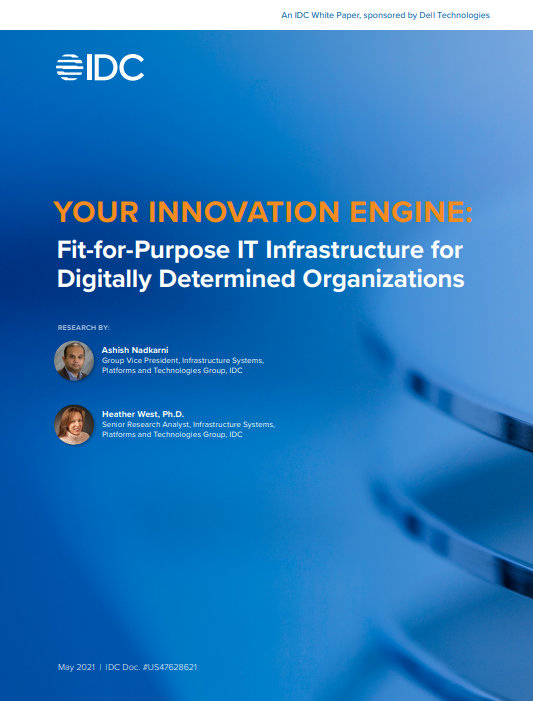Analysts: Per-second billing isn't innovative, and won't save you money
Industry experts call out AWS and Google's latest pricing metric

Analysts have dismissed Google and AWS's introduction of per-second pricing as a headline-grabbing move that isn't terribly innovative.
AWS announced the news first in mid-September, and brought the precise pricing to its Linux instances, EBS volumes, batch jobs and Elastic MapReduce workloads from yesterday.
Google was quick to follow, last week announcing GCP compute, Container Engine, and VMs would get per-second pricing effective immediately.
But in his announcement, GCP group product manager Paul Nash also admitted: "In most cases, the difference between per-minute and per-second billing is very small - we estimate it as a fraction of a percent."
His view was reflected by analysts IT Pro asked about the granular billing metric.
"It is more a case of 'What can we now do on pricing that looks different?' and a lot of 'Me too'," said Clive Longbottom, co-founder of research firm Quocirca.
Calling it "not revolutionary", Forrester senior analyst Paul Miller added: "Although more granular pricing should, in principle, always be a good thing, it's not clear that most customers will see a huge reduction in their bill just because they're being charged by the second instead of the minute."
Sign up today and you will receive a free copy of our Future Focus 2025 report - the leading guidance on AI, cybersecurity and other IT challenges as per 700+ senior executives
That's in part because, unlike phone calls that may go to voicemail within seconds of dialling, computing workloads are typically measured in minutes, hours, or longer, said Longbottom.
"Some systems work on thousands of calls per second to the compute engine, but it is very unlikely that these will be chunked by the thousands," he explained. "They will tend to be a reasonably consistent workload over a period of time measured in minutes, hours or more."
Pricing by the hour was a major innovation when AWS and others introduced the public cloud more than a decade ago, Miller pointed out, especially when the alternative was buying the infrastructure and paying for its maintenance.
"With Azure, Microsoft went one better and delivered pricing by the minute," he said. "With many public cloud workloads running for only a few minutes, or measurably expanding and contracting with demand, the move from billing by the hour to billing by the minute would deliver clear savings in a lot of cases."
But per-second billing won't, unlike AWS believes, offer many savings at all, the analysts said.
"It goes back to 'What can we announce that looks like a good headline?'" Longbottom said. "I don't think that it is innovative, and I hesitate to see quite how the companies accurately measure workloads on a per-second basis."
Miller pointed out that for customers who do need to use the cloud for very short periods of time, there's already services they can - and probably do - use.
"Many of the workloads most likely to benefit from such a short billing period are probably running in a different way already: they'll be using serverless options like AWS Lambda, which is already charged for differently," he said.
Picture: Bigstock
-
 Protecting CIOs' IT budgets is "paramount" in maintaining business growth
Protecting CIOs' IT budgets is "paramount" in maintaining business growthNews If CIOs are forced to make emergency budget cuts, they should also explain the risks to high level stakeholders so the responsibility is shared
-
 The IT Pro Podcast: Accelerating digital transformation
The IT Pro Podcast: Accelerating digital transformationIT Pro Podcast Implementation is just as important as the value of change
-
 Podcast transcript: Accelerating digital transformation
Podcast transcript: Accelerating digital transformationIT Pro Podcast Read the full transcript for this episode of the IT Pro Podcast
-
 Fit-for-purpose IT infrastructure for digitally determined organisations
Fit-for-purpose IT infrastructure for digitally determined organisationsWhitepaper Your innovation engine: Guiding organisations through change in the new digital economy
-
 IT Pro News in Review: CIOs face a challenge, Ofcom's telecom fines, Apple expands Xcode
IT Pro News in Review: CIOs face a challenge, Ofcom's telecom fines, Apple expands XcodeVideo Catch up on the biggest headlines of the week in just two minutes
-
 CIO role has 'drastically changed' over last 24 months, says Lenovo
CIO role has 'drastically changed' over last 24 months, says LenovoNews Globally survey suggests chief information officers have greater influence over their company now the role has expanded beyond technology
-
 How can CIOs help to close the tech skills gap?
How can CIOs help to close the tech skills gap?In-depth The most well-equipped IT leaders can take a number of practical steps to close the divide within their organisations
-
 What is a virtual CIO (vCIO) and does your business need one?
What is a virtual CIO (vCIO) and does your business need one?In-depth With tech skills in short supply, organisations are turning to temporary expertise to see through critical digital transformation projects

